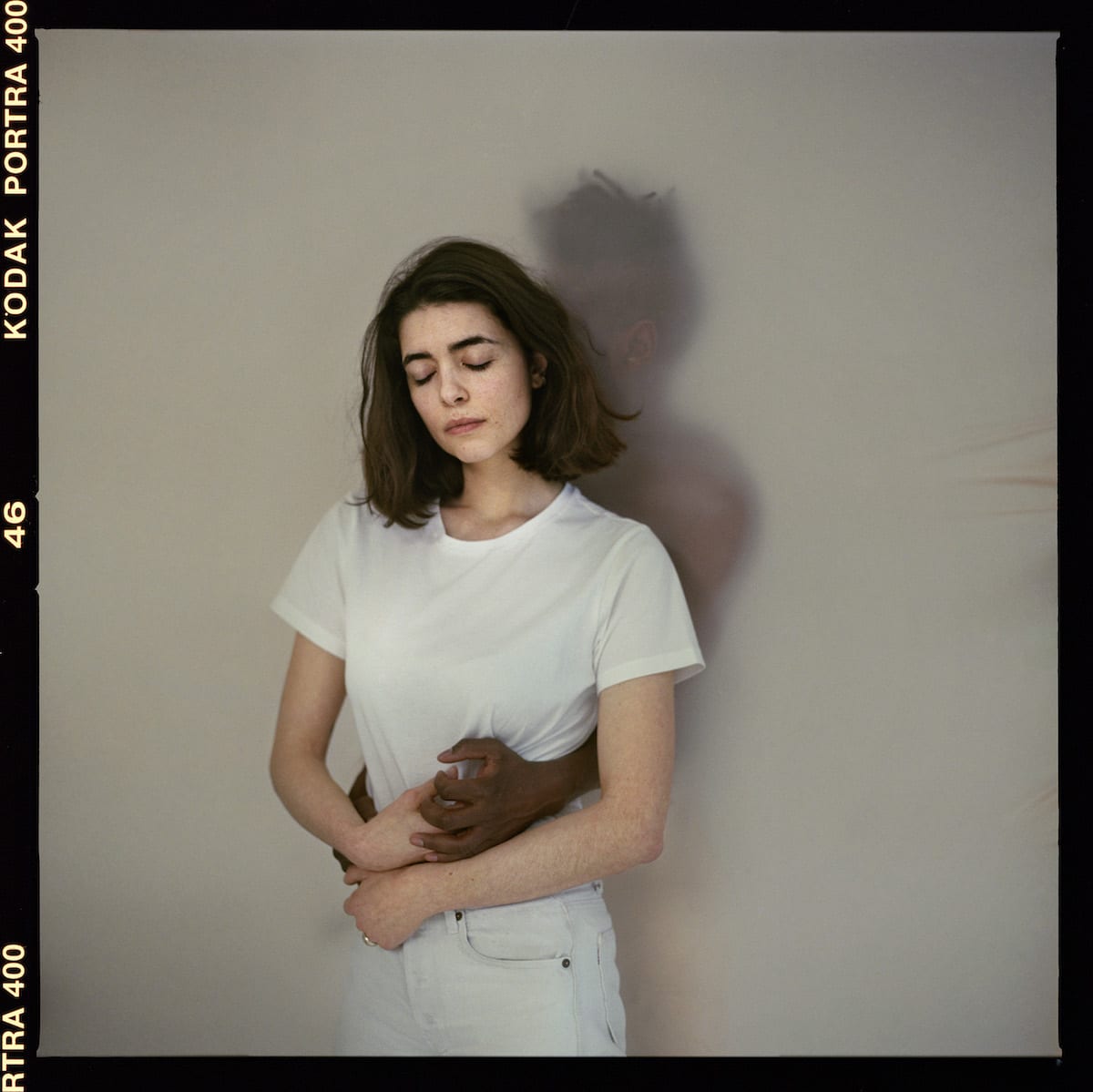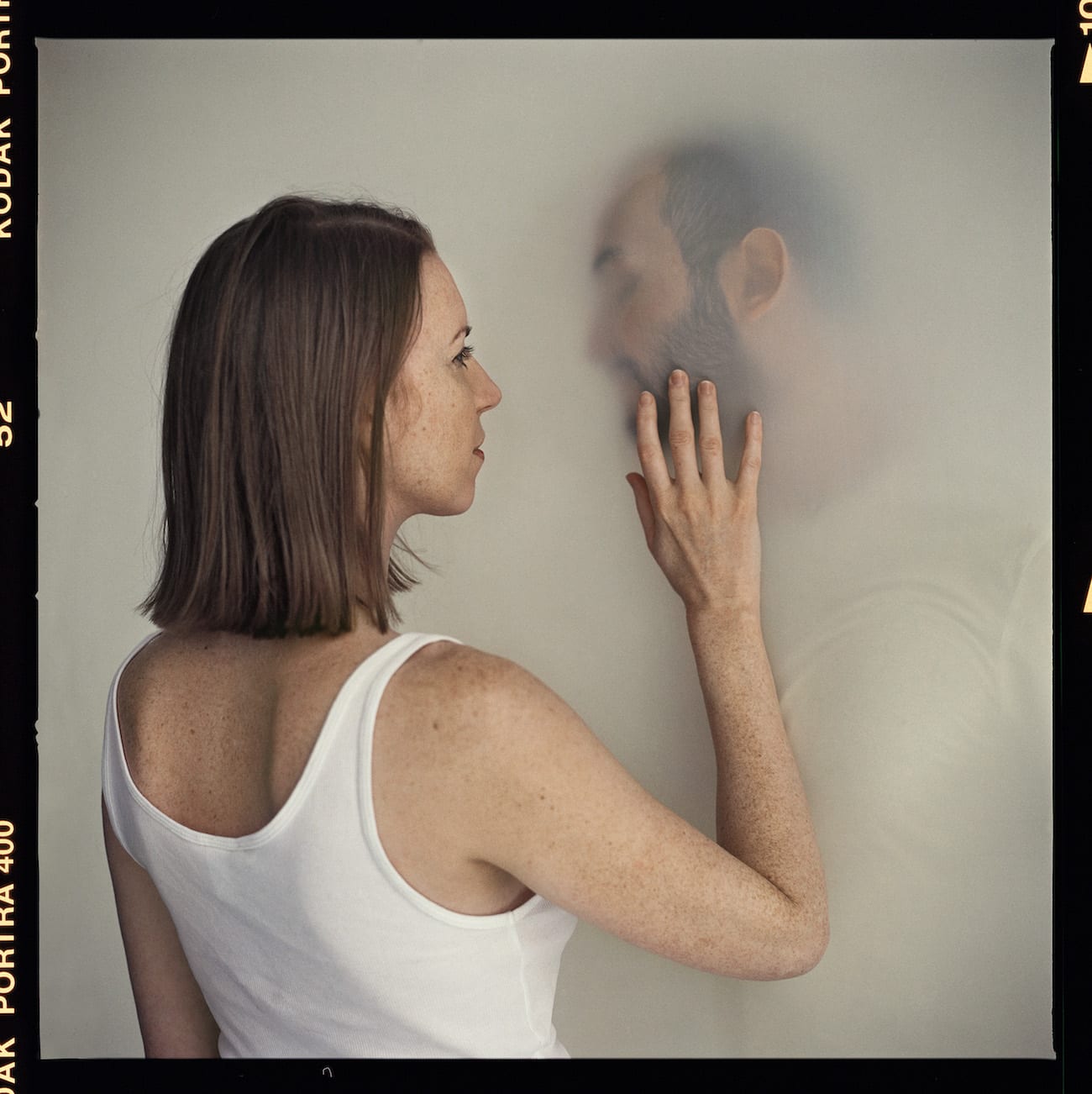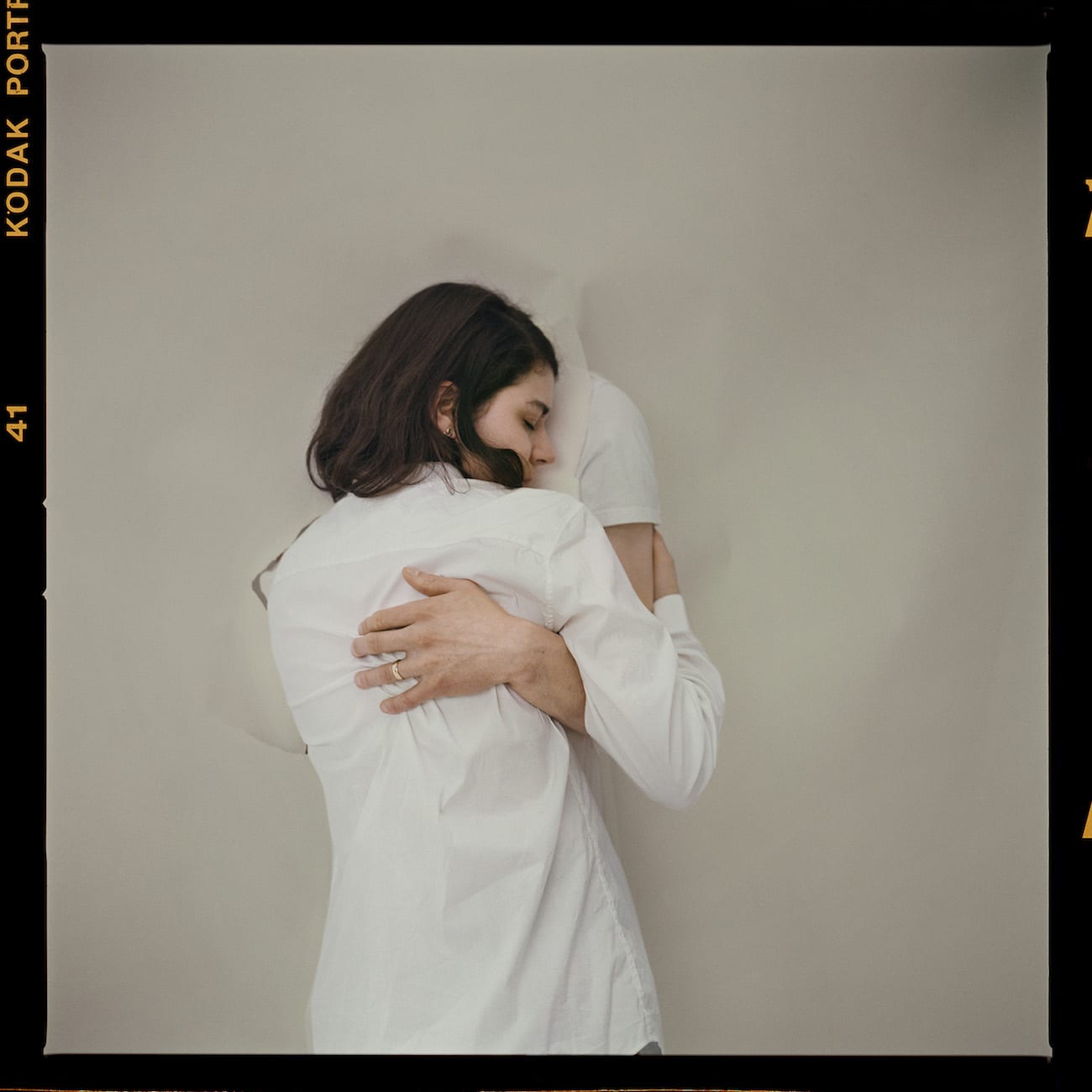On 23 June 2016, the UK narrowly voted to leave the European Union. The break-up has been far from harmonious and, almost two years since the referendum, the exact ramifications of Brexit remain unclear.
Separation, a portrait series by Laura Pannack, explores this uncertainty on a human level. Commissioned by British Journal of Photography and created with Affinity Photo for iPad, the series captures the angst and myriad emotions experienced by London-based creative couples who, as a result of Brexit, have been forced to contemplate separation. Brexit has long garnered column inches for its political implications but what does it mean for love?
Of the couples that feature in Separation, one half of each is British and the other has moved to the UK from elsewhere in Europe. At least one works in London’s creative sector, a diverse and thriving industry that has long been a draw for Europeans moving to the capital. The subjects of Separation are real couples who, at the hands of Brexit, face an uncertain future. Emotion therefore exists at the core of Pannack’s portraits.
Over the course of one week, BJP is publishing photographs from the series alongside candid reflections from each of the couples. Click here, here and here to read previous installments.
–
Caroline and Kadeem
Film programmer, head of development at a cultural institution
“We have never seen our nationality or politics as obstacles for our relationship but, with Brexit, these could definitely become a challenge. Becoming aware of this is both scary and disappointing”

Kadeem is British and Caroline is French. A couple for seven months, they both live in Hackney and share “a sensitivity, curiosity and cultural appetite,” not to mention a busy social life, much of which revolves around their love of dancing.
Caroline and Kadeem: Living in London is very important to us as a couple. It offers a unique place to explore our shared interests, in a way that no other city really does. There’s so much happening that we are spoiled for choice – there is rarely a dull moment. As an interracial couple, the difficulty that we might face in a less accepting and multicultural city makes living in London an especially important consideration for maintaining a serene and strong relationship.
With Britain leaving the European Union there is a worry that Caroline will move back to France depending on how the negotiations turn out. We feel relatively safe in terms of our job security, however, it is hard to picture a clear future for us together in the UK, especially in terms of building a family. So far, we have never seen our nationality or politics as obstacles for our relationship, but, with Brexit, these could definitely become a challenge. Becoming aware of this is both scary and disappointing.
–
Lorenzo and Phoebe
Historian, footwear designer
“Maybe we are part of the problem – neither one of us would consider living outside of the M25”

Lorenzo is Italian and Phoebe is British. The couple met while living together as flatmates in Bologna and have been living in London for the last three years. “On paper we have nothing in common, but we are well synchronised and share a happy life together.”
Lorenzo and Phoebe: Brexit means that we might have to leave the UK to stay together. We’ve been in London for the last few years because work opportunities are better here. Brexit made us suddenly aware that we live in a bubble and that the rest of the UK looks upon the wealth of opportunity and flow of money in London with envy and bitterness. Maybe we are part of the problem – neither one of us would consider living outside of the M25. We spend a lot of time in Italy but we never leave London, except to go to Gatwick.
Having grown up as “Europeans” we are dismayed to find that we won’t necessarily have the freedom to live in either of our countries. Lorenzo has not been continuously employed in the UK, and now it seems that this country is only interested in those Europeans who have been paying into our fiscal system, which feels unfair. Ultimately, we have decided to move to Italy by 2019 – Phoebe has already applied for dual nationality.
–
Hans Peter and Kirsty
Photographer, chef and illustrator
“It was already complicated with us having stakes in both Denmark and the UK. You try to pay into health insurance, keep on top of tax and join the right unions, but Brexit means that our rights are likely to change”

Hans Peter is Danish and Kirsty is British. They met at art school in Scotland and lived together long before romance entered the equation. Upon graduating, the couple moved to Denmark. Their new life in Copenhagen was not always easy – they had to keep moving house and although Kirsty had hoped to find work as an illustrator, she spent three years cleaning in order to earn a living. “We got married because we knew our relationship was certain even if jobs, money and homes were not,” she says. “We have now known each other for 10 years and I’m glad we didn’t wait until our lives were more settled to get married. We have both had a number of jobs, different educations and lived in all sorts situations because our focus has always been being together.” Two years ago, Kirsty and Hans Peter moved to London. They now live on a houseboat and while Hans Peter has been “stuck in a call centre”, a draw of living in London it that it allows him to stay in touch with the art world.
Kirsty: We are both really lucky to come from countries that are a part of the EU – it has provided us with so many opportunities. London was a chance for us to get our careers going. Denmark is paying for my chef education, including my moving costs to and from the UK. This means that I am employed in the UK, working in a Michelin-starred restaurant in London, while simultaneously being a Danish exchange student. I return to Copenhagen for 10 weeks each year to continue my course and I pay tax, union fees and health insurance in Denmark. It’s a bit complicated, but splitting our time between the two countries has meant that we speak both languages and are close with each others’ families.
The day after the EU referendum, I came back home to find Hans Peter incredibly disappointed and down. We had just moved to London and he felt that the UK’s decision to leave the EU was like saying: “You can stay, but we don’t want you.” It was already complicated with us having stakes in both Denmark and the UK. You try to pay into health insurance, keep on top of tax and join the right unions, but Brexit means that our rights are likely to change.
Ultimately, we want to get to the point where we can both pursue creative professions and, if we have money and somewhere to live, have children. Brexit means it is uncertain as to where we will be able to do this. We may move back to Denmark if things are unclear because I have done more work to become a Danish citizen than Hans Peter has done to become a UK citizen – he would have to start from scratch.
–
Over the course of one week, portraits from Separation are being published on BJP’s website. Read previous installments here, here and here.
Credits. Photographer: Laura Pannack. Assistant: Jacob Schühle Lewis. Junior assistant: James Greenhalgh (winner of the Separation competition to shadow Pannack on-shoot). Editorial: Anya Lawrence. Set: Karina Valentim. Studio: Street Studios. Equipment hire: Direct Digital. Equipment: Affinity Photo for iPad.
Separation is a British Journal of Photography commission created with Affinity Photo for iPad, Apple’s App of the Year 2017. Please click here for more information on sponsored content funding at British Journal of Photography.

